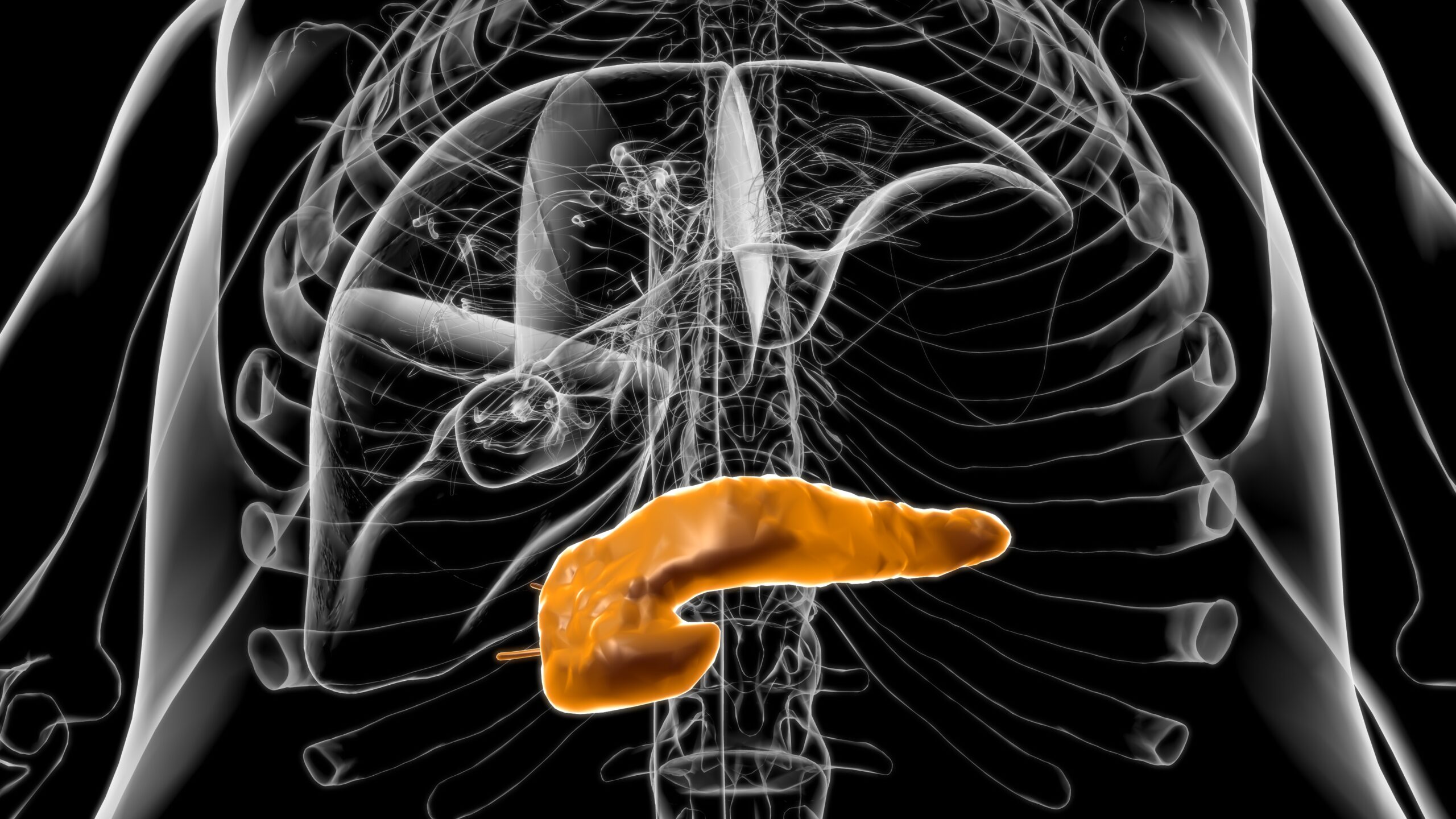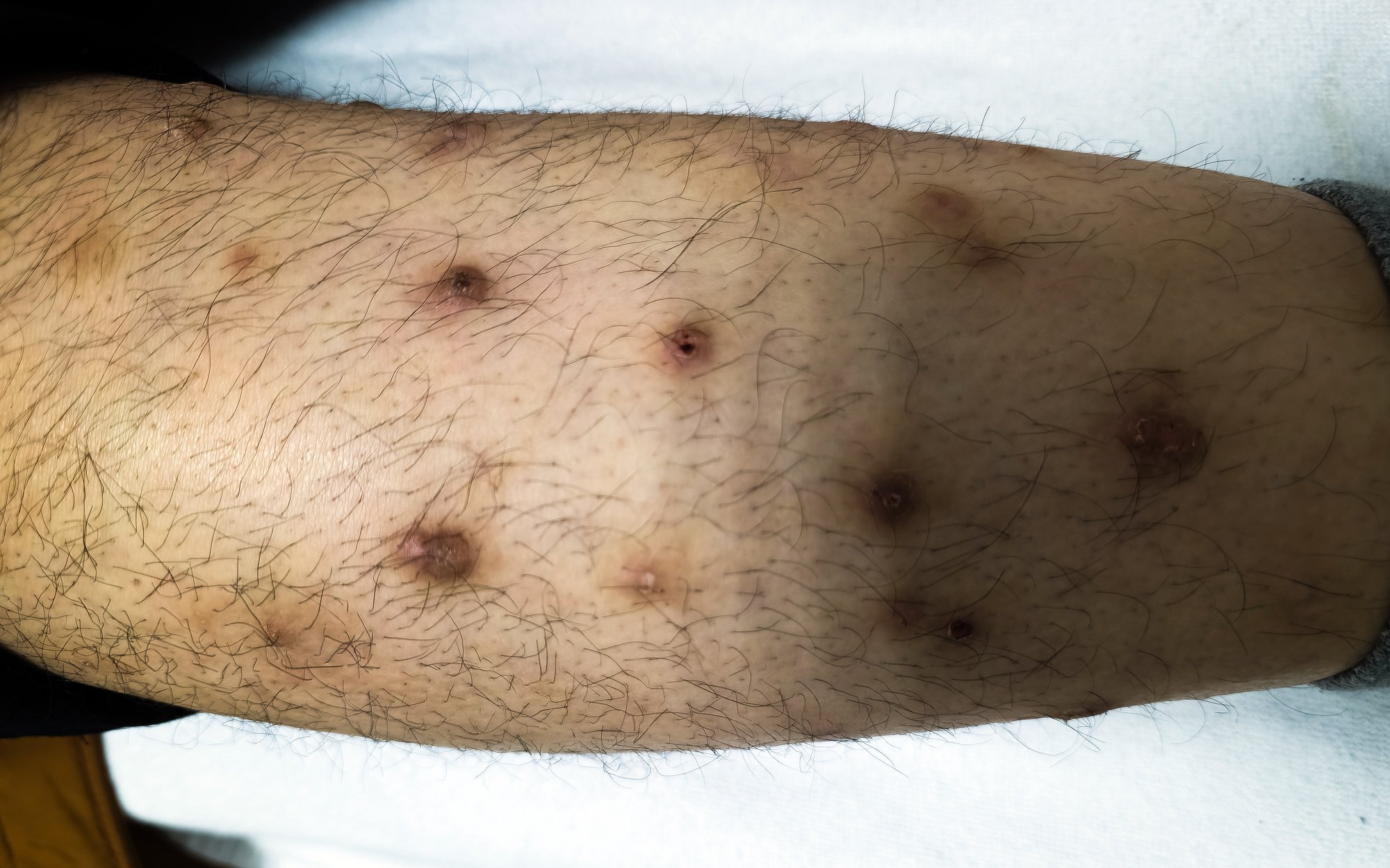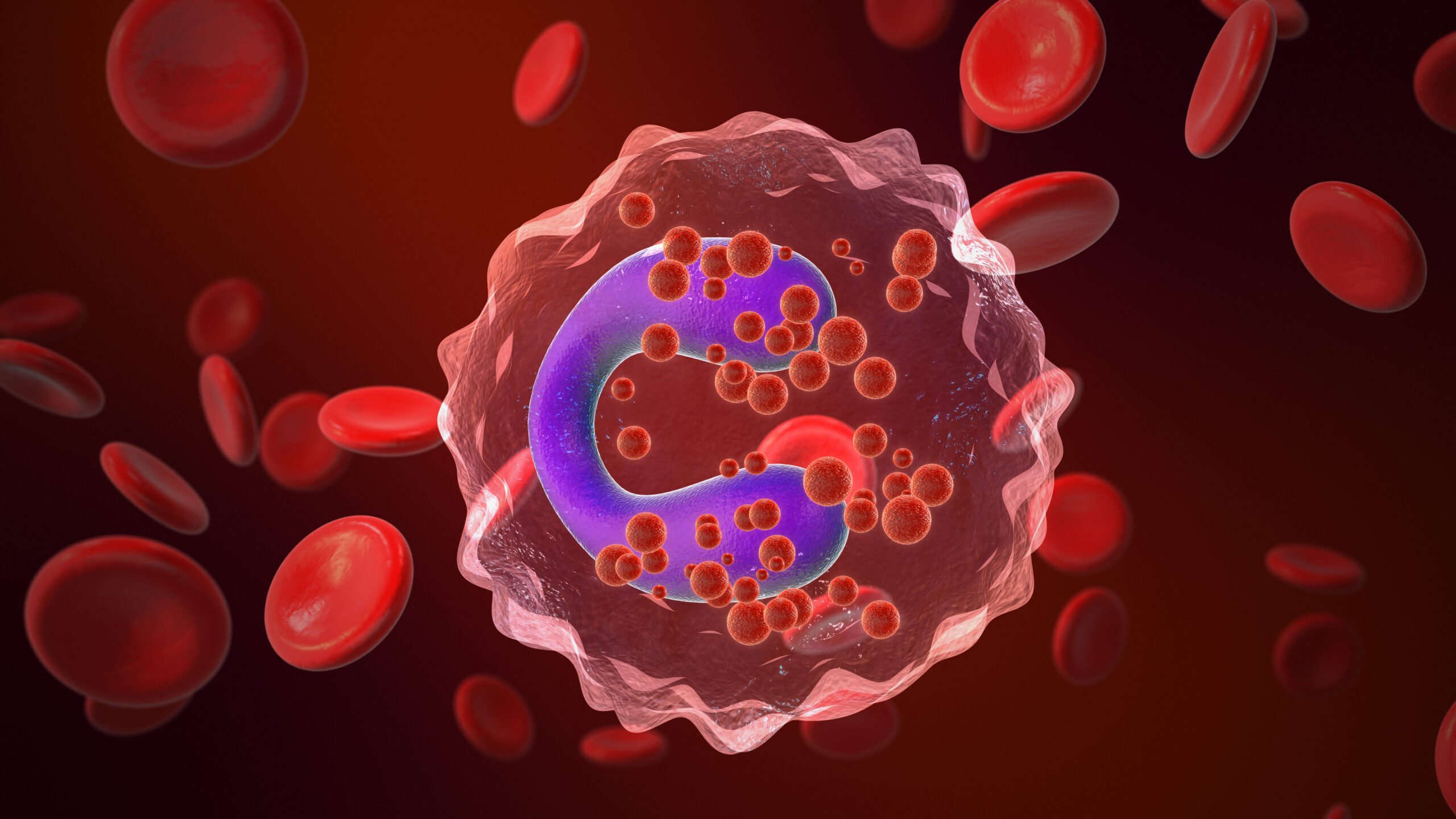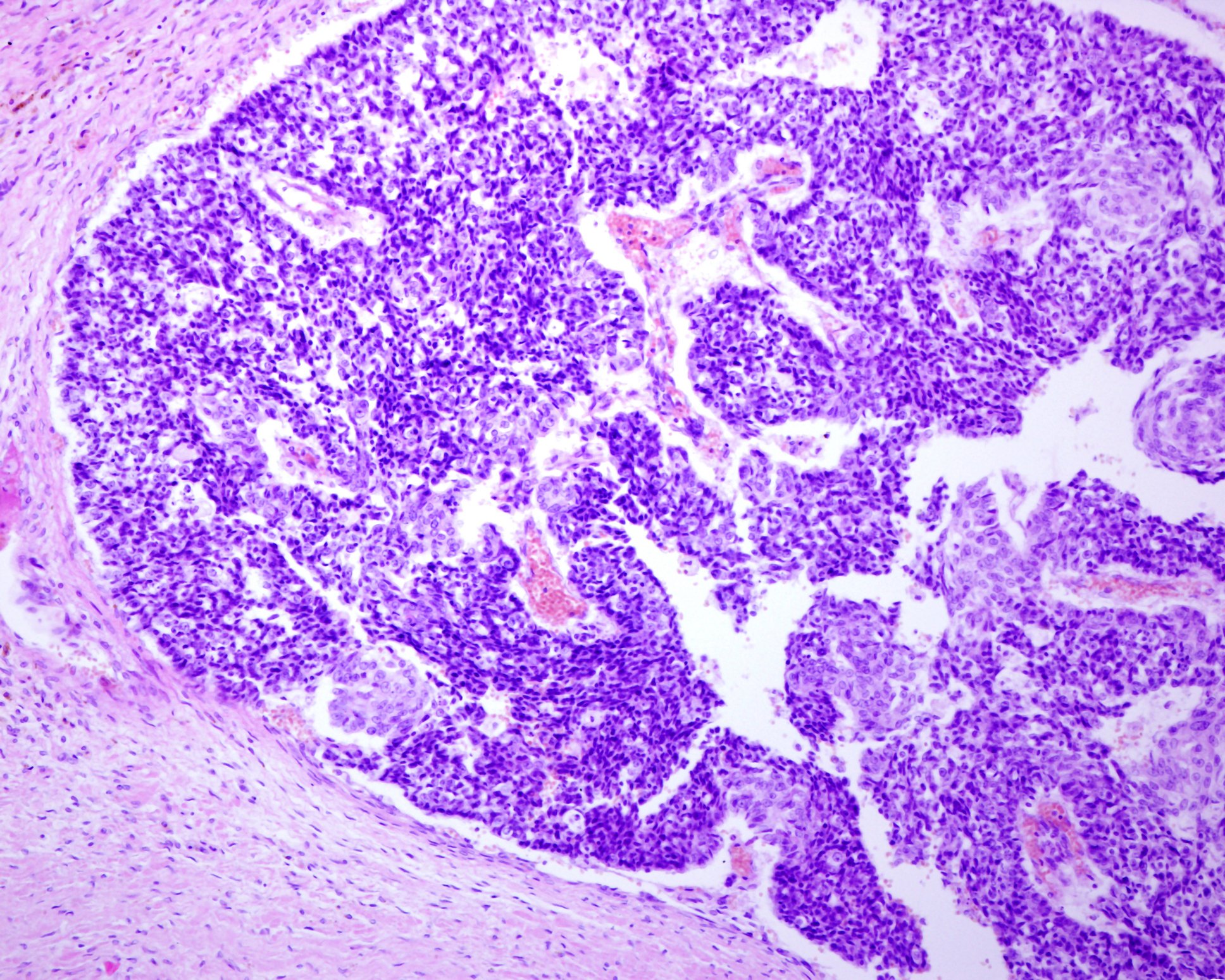Autism spectrum disorder (ASD) is a neurodevelopmental disorder characterized by difficulties in social interaction and communication as well as limited interests and repetitive behaviors. The importance of early detection and subsequent early intervention is well documented. Over the years, efforts have been made to clarify the diagnostic criteria for ASD and to develop predictive, accurate screening tools and evidence-based, standardized diagnostic instruments to aid in detection.
Recent data shows that one in 160 children worldwide has an ASD diagnosis. An evidence-based approach to assessment is crucial for accurate diagnosis and appropriate treatment planning. According to the DSM-V, to meet the diagnostic criteria, a person must have persistent difficulties in social communication and interaction in various situations and also show symptoms in the areas of restricted, repetitive patterns of behavior, interests or activities. The diagnostic criteria for autism have evolved in recent decades. In this revision, the previously separate diagnoses (i.e. autistic disorder, Asperger syndrome, pervasive developmental disorder, not otherwise specified) were combined into one: ASD. In addition, the three symptom categories of social impairment, language/communication impairment and repetitive/restricted behaviors were combined into two symptom areas: persistent deficits in social communication and interaction and restricted, repetitive behaviors. This change was intended to reflect the state of the science, which consistently found that the social and communicative/linguistic symptoms in the DSM-IV loaded on a single “social communication” factor. Two other important changes involved the addition of sensory symptoms (both hypo- and hyperreactivity) within the category of restricted and repetitive behaviors and the inclusion of a severity rating scale (levels 1-3) based on the degree of support required for daily functioning in autistic individuals.
Early detection for early therapy management
The ability to accurately diagnose autism has improved considerably over the last two decades, especially in very young children. This is the direct result of a number of empirical studies that have focused on the development and/or adaptation of reliable and valid assessment tools. A key implication of early identification is the ability to refer young children to intervention services as early as possible. In fact, the importance of early detection of autism and subsequent early intervention is well documented. At the same time, there are legitimate concerns about false positive results in children who are diagnosed at a very young age. It is therefore important to investigate the stability of the diagnosis and the development of the symptoms, which can be of both scientific and clinical significance. Research has shown that autism symptoms typically appear between 12 and 18 months of age and that diagnoses made at 18 months are reliable and stable.
Numerous studies have shown the stability of diagnoses in children diagnosed before the age of three, suggesting that the false positive rate for diagnoses before the age of three is relatively low. However, the false negative rate is higher. In a longitudinal study in which serial diagnostic assessments were conducted, nearly half of the children diagnosed with autism at 3 years of age did not meet diagnostic criteria at 24 months of age. And a small group of children appear to have even later-onset symptoms; these children did not meet the criteria at age three, but did meet them at school age. These late-diagnosed cases are usually heterogeneous in terms of the classification of their early findings (e.g. typical development, subclinical symptoms) and phenotype. It is speculated that diagnostic overlap due to other conditions (early delays in language or cognitive function) and/or a longer period of symptom development may contribute to a late diagnosis. These findings suggest the need to extend autism screening and/or monitoring beyond the age of three years
Source: Yu Y, Ozonoff S, Miller M: Assessment of Autism Spectrum Disorder. Assessment. 2024 Jan; 31(1): 24-41. observational studies. BMJ 2023; 382: e072348.
InFo NEUROLOGY & PSYCHIATRY 2024; 22(3): 27











